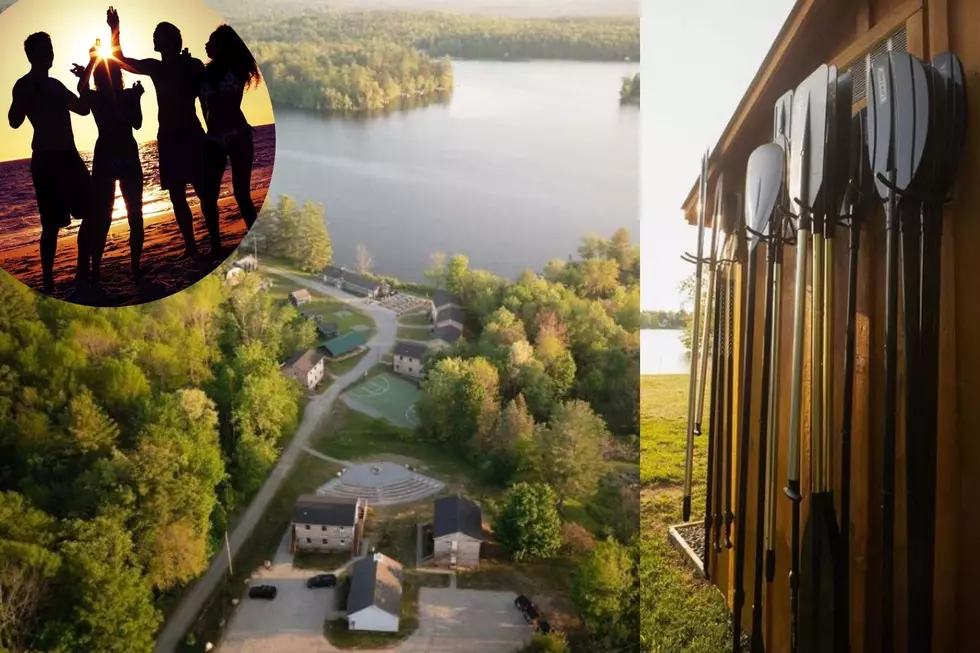
Here’s Why It’s Called Lake Winnipesaukee and Not Winnipesaukee Lake in New Hampshire
Did you ever wonder how lakes get their names? I was wondering the difference between naming a body of water with the word "lake" before the name, but why is it sometimes after the name?
It's a weird type of etymology that sometimes makes no sense, but is a curious question to delve into.
In New Hampshire, there are so many lakes (mostly in the "Lakes Region", duh), but why is our largest lake called Lake Winnipesaukee and not Winnipesaukee Lake?
According to Wiley Online, this has been trouble since settlers and residents began naming lakes. Theories say that it depends on the cultural settlement history, and the body of water.
Case in point, the Great Lakes are all named with "Lake" in front of the name. However, smaller lakes take note of the namesake first. If you look at larger bodies of water, they usually have "Lake" first and then a descriptive word, like "Lake Superior".
In the case of Lake Winnipesaukee, it was named by Native Americans after two young lovebirds proclaimed their deep love, and "the smile of the spirit" came around them. That's what the word in Native American means, according to visitconcord-nh.com.
Back to which comes first. Some say it depends on the settlers who name the lake, and other say it depends on the size of the lake. English settlers used what was proper in England at the time, often using "Name" rather than "Lake".
However, French and Spanish settlers frequently used "Lake" instead of the name.
So as you can see, there's no hard and fast rule, and it's been perplexing wordsmiths for years. As noted in stackexchange.com, there's no rule when it comes to seas or oceans. Those always have the word "Sea" or "Ocean" as the second word.
So stop wondering, and just enjoy a good jump in the lake.
Ready to Live On Top of the World in New Hampshire? Here's Your Chance.
Gallery Credit: Ginny Rogers
A Feast for the Senses: 6 New England Restaurants Famous for Their Beautiful Views
Gallery Credit: Megan
More From 97.5 WOKQ









